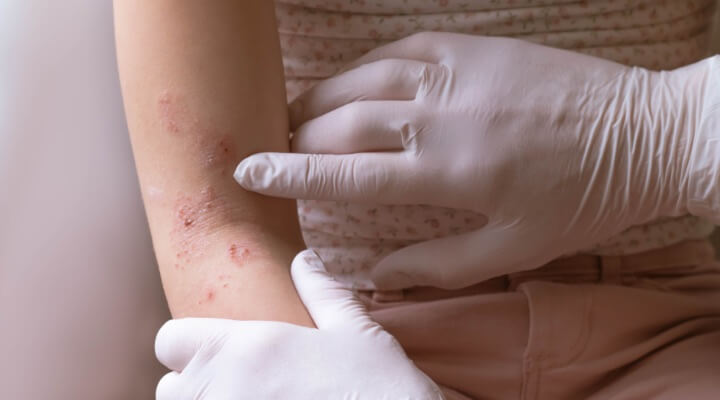Unmasking Chronic Skin Conditions: A Guide to Accurate Diagnosis and Expert Care
Understanding the Differences Between Acne, Eczema, Psoriasis and Rosacea
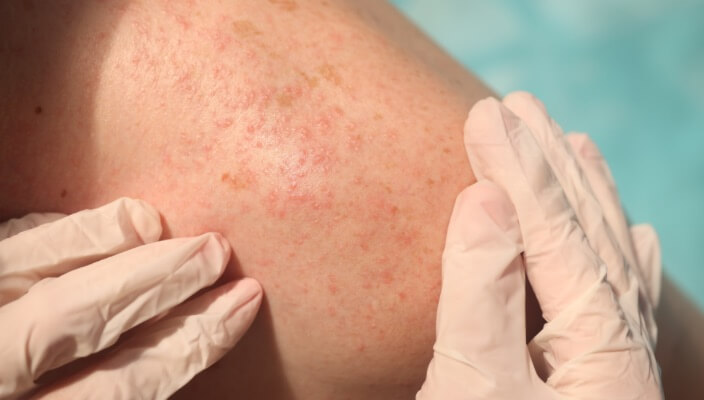 As clinicians it is common for us to see patients who self-diagnose and try to self-treat their skin flare ups or irritations. However, according to our team of dermatology providers "Chronic skin conditions often require personalized care with both prescription and over-the-counter products. Working with a dermatology provider can help one gain control of their condition, feel confident in their skin, and reduce flare-ups."
As clinicians it is common for us to see patients who self-diagnose and try to self-treat their skin flare ups or irritations. However, according to our team of dermatology providers "Chronic skin conditions often require personalized care with both prescription and over-the-counter products. Working with a dermatology provider can help one gain control of their condition, feel confident in their skin, and reduce flare-ups."
For example, many patients think they have acne and look online for acne products, even high-potency acne products. But if your condition is actually rosacea, it is deeper than your skin and you will need the help of an expert. Similarly, treatment for deep acne breakouts, such as acne cysts, will require prescription medication.
Patients with chronic skin conditions may sometimes think that a change in their skin is just the manifestation of their condition when, in fact, it may be something new. To ensure that the patient is not developing skin cancer or another condition, getting a skin exam is recommended.
Chronic skin conditions often require personalized care with both prescription and over-the-counter products. - Megan Niemiec, MSN, APRN, FNP-BC
What are common chronic skin conditions?
With any chronic skin condition, it can be hard to get the right diagnosis. Below are just a few examples of chronic conditions and their differences. However, your dermatologist or skincare clinician is specifically trained in making the right diagnosis.
Acne
Eczema
Psoriasis
Rosacea
Generally, people with rosacea are over the age of 30. Also, unlike acne, people with rosacea can see symptoms on other parts of the body, such as the eyes or scalp. The skin may also show tiny blood vessels.
Do I have a chronic skin condition and what is it?
The differences between chronic skin conditions can be subtle to an untrained eye. Visiting a dermatology provider is crucial for accurately identifying and addressing chronic skin conditions. Skilled in the art of skin diagnostics, dermatology providers can discern subtle differences among conditions. Whether it's distinguishing between rosacea and acne, or pinpointing the underlying cause of persistent skin issues, a dermatology provider's expertise ensures tailored and effective treatment plans. Don't leave your skin health to chance; schedule a consultation with your dermatology provider today for personalized care, expert diagnosis, and a path to renewed skin confidence. Your journey to healthier skin begins with the guidance of a dermatology professional.
Learn about Chronic Skin Conditions
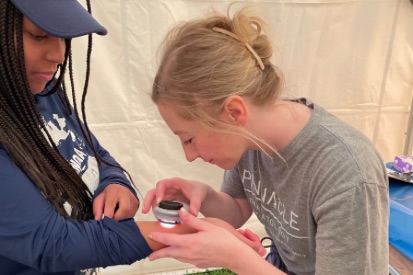
Schedule Your Skin Check at Pinnacle
Find a location nearest you and schedule online today.
Featured Products

EltaMD UV Sheer Broad-Spectrum SPF 50
UV Sheer has a lightweight, hydrating formula that feels silky to the touch and light and airy on the skin. It goes on smooth absorbing quickly into skin and helps even out skin tone. This facial sunscreen offers up to 80 minutes of sweat and water-resistance making it the ideal choice for an active lifestyle, hot and humid weather and for anyone looking for a lightweight and hydrating sunscreen to live freely under the sun. UV Sheer is formulated to be compatible on all skin tones without leaving a white cast. 3.0 oz

ZO® Daily Skincare Program
The first line of defense against the natural aging process. 4 PRODUCT REGIMEN: Exfoliating Cleanser - 60 mL / 2 Fl. Oz. (Travel Size) Exfoliating Polish - 16.2 g / 0.57 Oz. (Travel Size) Complexion Renewal Pads- 30 Pads (Travel Size) Daily Power Defense - 30 mL / 1 Fl. Oz. (Travel Size)
Featured Blogs
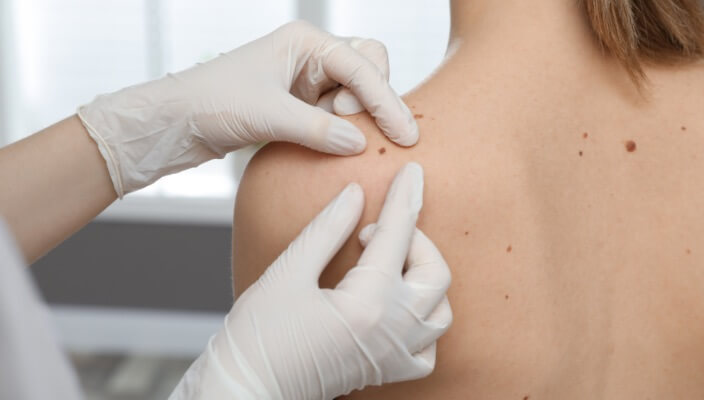
- Skin Cancer
- General Dermatology
- Skin Exams
Your skin is your largest organ and its first line of defense. Learn more about why a skin exam should be a part of your wellness routine.
Read More
- Skin Cancer
- Sun Safety
The sun's ultraviolet (UV) radiation poses a significant risk. Discover ways to protect you and your loved ones from the sun and keep your skin healthy all year long.
Read More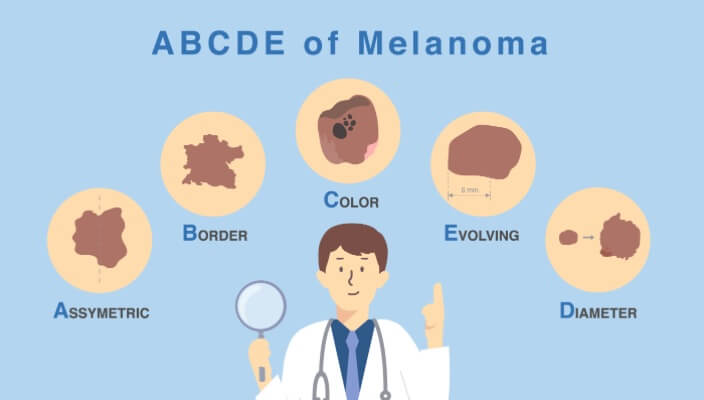
- Skin Cancer
- General Dermatology
- Skin Exams
Learn the ABCDEs of Melanoma, the deadliest form of skin cancer.
Read More
